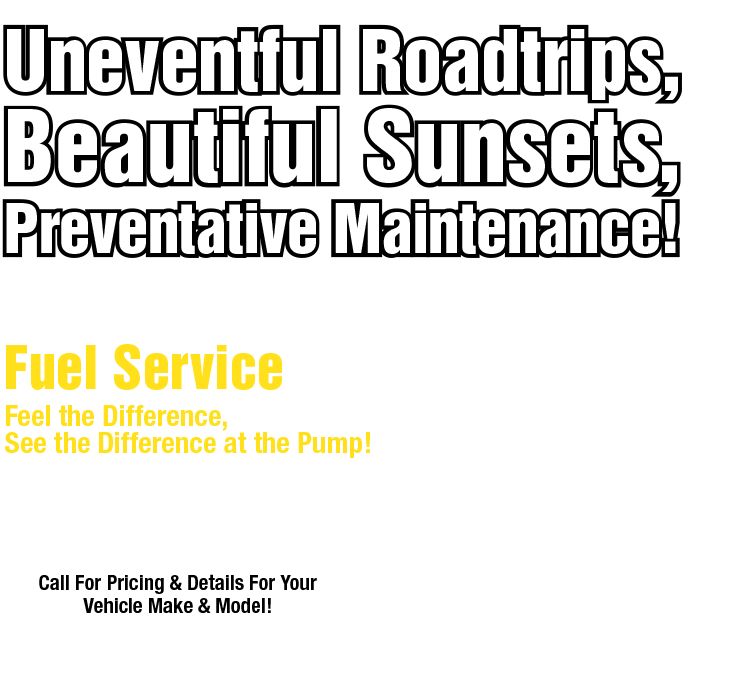It's Brake Time (Brake Calipers)
November 14, 2021
Race car drivers have demonstrated the advantages of disc brakes, so most modern vehicles use them. Sometimes just the front wheels have disc brakes, but many vehicles now have them all the way around.
A major component of the disc brake is called a caliper. It works by squeezing brake pads against the disc or rotor, kind of like a bicycle hand brake. The brake pads themselves are what contact the rotor, causing friction to build and the wheel to slow down, but it's the calipers that apply the pressure to the pads.
Caliper design has evolved over the years, and there are two common types. One is called a floating caliper. It has one or two pistons on one side of the disc. When you push down the brake pedal, the piston or pistons in your caliper put pressure on that one side. A mechanism connected on the other side of the disc applies pressure as well, squeezing your disc so the vehicle stops. Floating calipers are less expensive since they have fewer parts.
The other type is called a fixed caliper. They use pistons on both sides of the disc, sometimes several. They are often used in more high-performance or heavy-duty vehicles.
Calipers can have rubber seals to keep out dirt, debris and moisture, but when that rubber wears out, sometimes the calipers can get contaminated. They can stick or start leaking; they can even rust. Then your caliper can get stuck applying that "squeeze" when you are not pressing on the brake pedal. Or they can get stuck in the other position, not applying stopping power when you press the pedal.
When this happens, it's not unusual to feel your vehicle pull to one side when you brake. You might notice a burning smell from the constant friction if the caliper is stuck on, plus you may feel the heat from the wheel after you park and get out of your vehicle. Sometimes you'll hear a high-pitched sound or clunk if your calipers are binding up.
That's your cue to have them checked out at your vehicle service center. If your calipers aren't working correctly, it can be a safety hazard. Sticking calipers can affect your ability to steer and stop; this is the kind of "brake time" you need so you can get them back on track and working properly.
Top Tech Auto Repair Royal Oak
3110 Rochester Rd
Royal Oak, Michigan 48073
248-585-0980
http://www.toptechautorepairroyaloak.com
Need Service?
More articles from Top Tech Auto Repair Royal Oak

Cabin Air Filter and Engine Air Filter: What?s the Difference?
February 22, 2026
You may have heard someone say they just got the air filter replaced in their vehicle. But did you know your vehicle has two different major air filters and they both perform quite differentbut very importantduties? Todays vehicles have a cabin air filter, and an engine air filter. The engine a... More

The Key Won't Turn! (Ignition Problems)
February 15, 2026
You've just arrived at the store shopping and you're ready to head home. You put your key in the ignition and oh, no! The ignition won't turn! What do you do now? Don't panic. There are some things you can do to get going again. The first thing to do is see if you have a locking steering wheel... More

The Daily Grind (Grinding Noise)
February 8, 2026
If your vehicle makes a grinding sound when you turn the steering wheel, it's speaking to you. No, really, it is. So listen to what it's saying and you could avoid a much more costly repair down the road. A grinding sound coming from the front of your vehicle when you are turning can offer some... More









